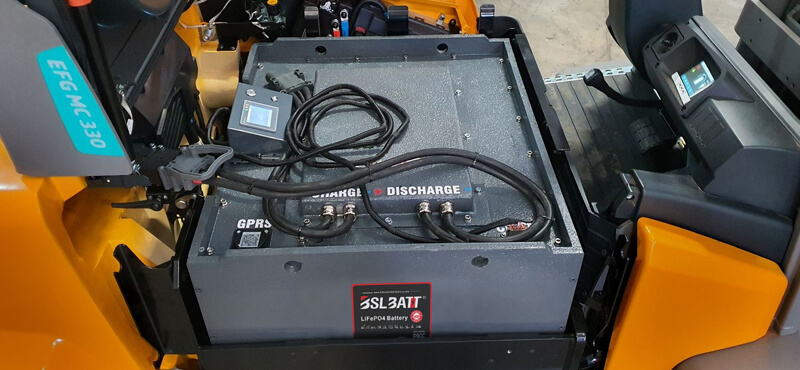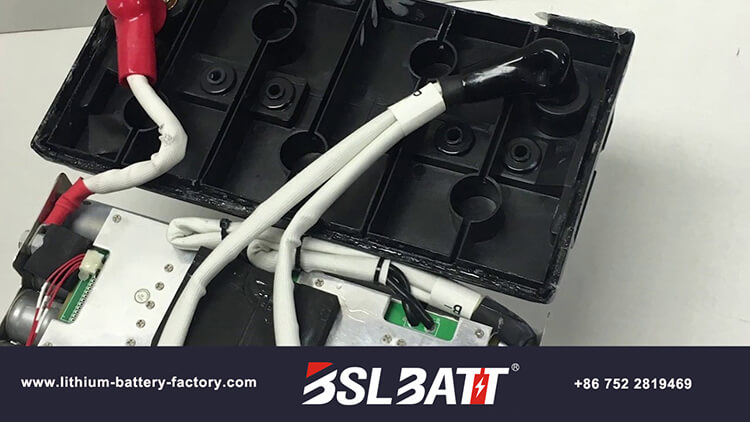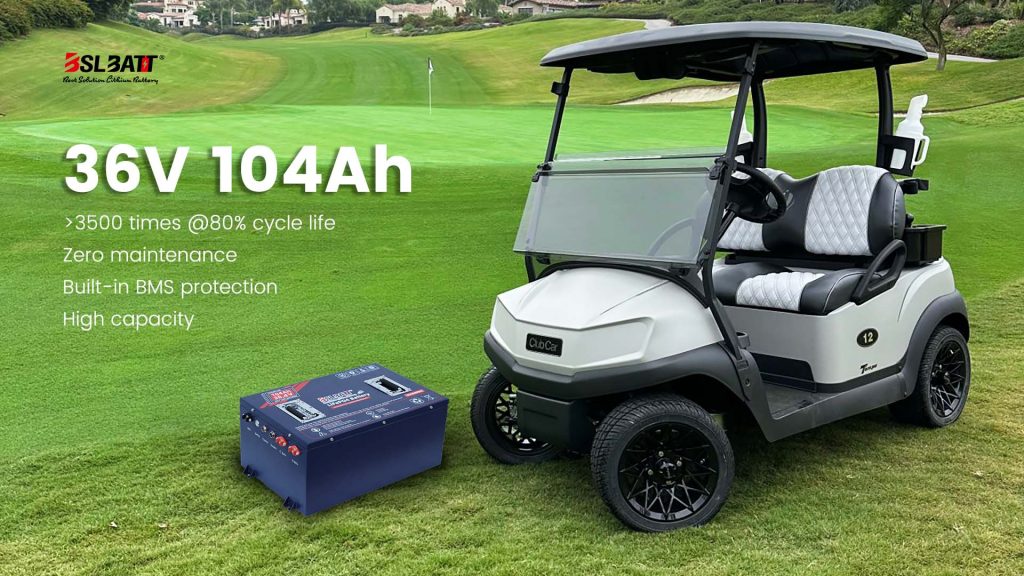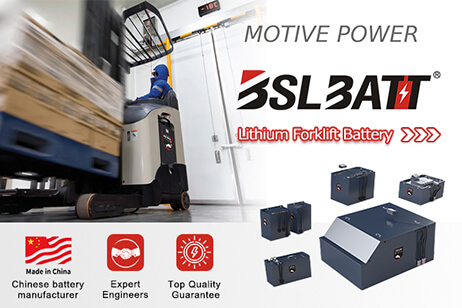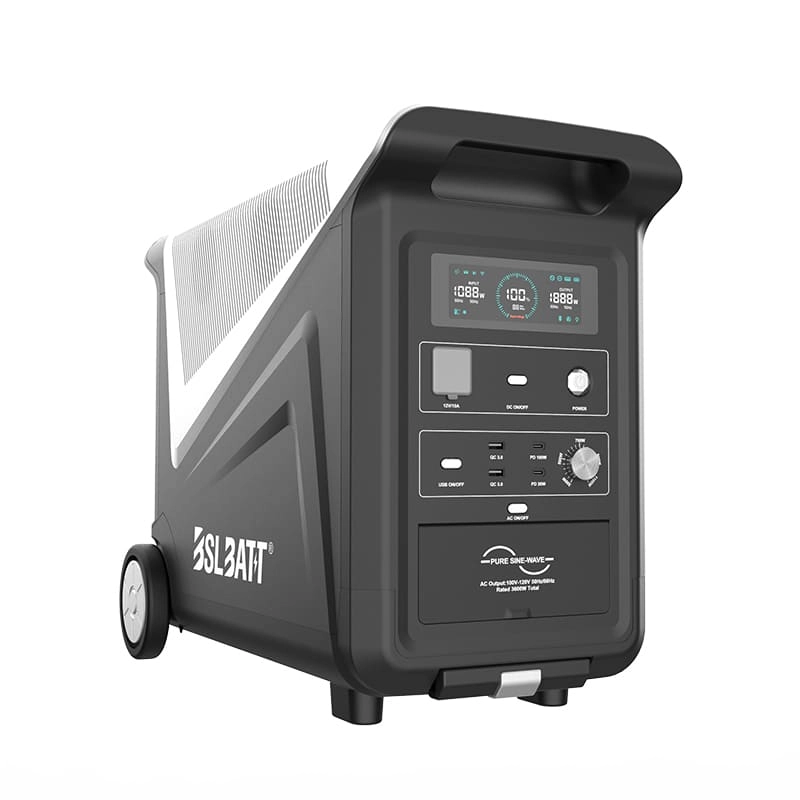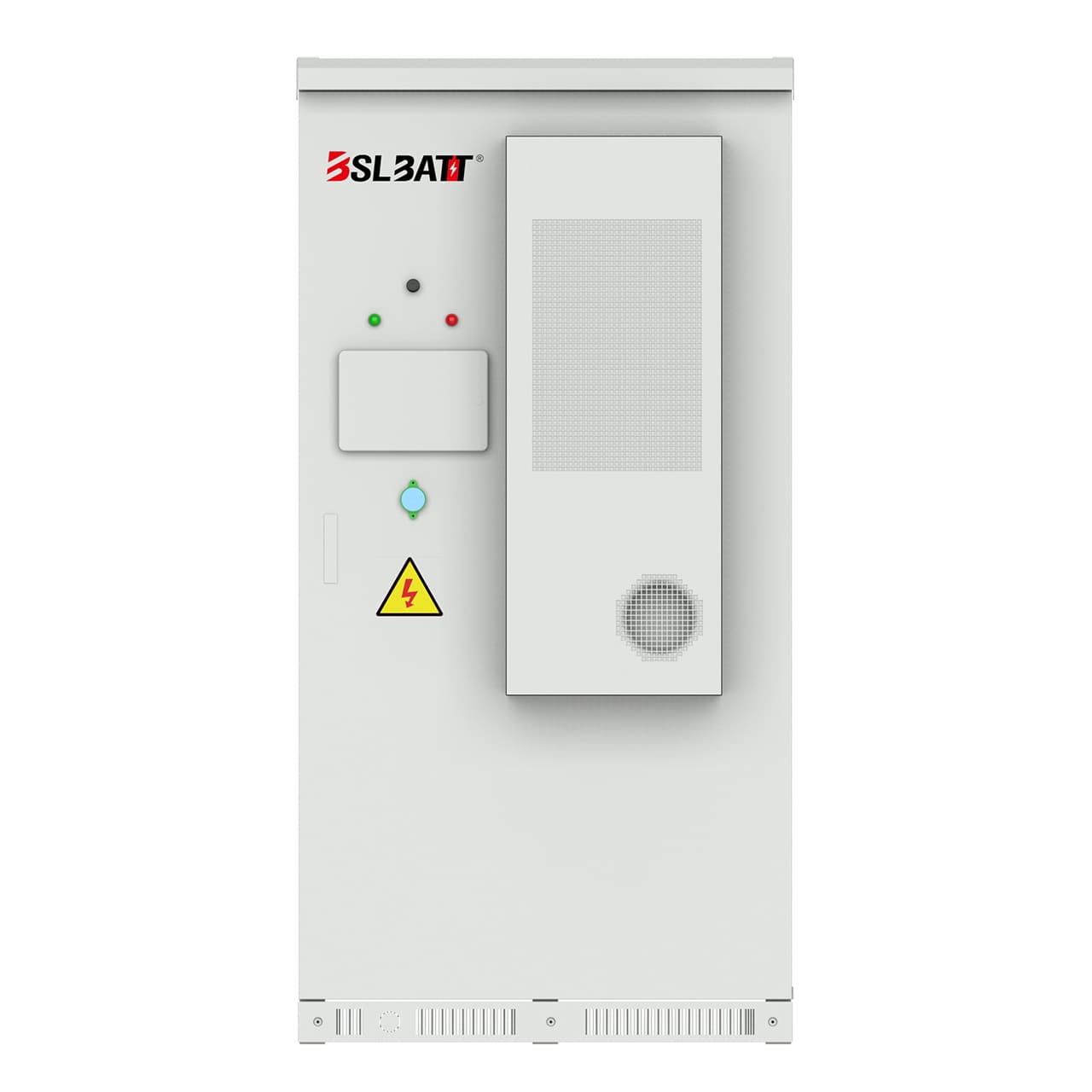Industry Application
Product Type
DECLARATION OF CONFORMITY UN38.3 Certification- BSLBATT Lithium
We are proud to announce that as of today, our BSLBATT Lithium( Wisdom Industrial Power Co., Ltd)is officially renewal UN38.3-certified. The UN38.3 norm is extremely important for the safe transport of batteries. According to the regulations, almost all batteries must comply with this norm in order to guarantee their safety during transport. The UN38.3 certification involves an exhaustive test program consisting of a variety of elements.
WHAT IS UN 38.3 Certification?UN38.3 refers to the 38.3 section of the third part of the United Nations special transport test and standard manual for dangerous goods transportation, which requires high simulation, high and low-temperature cycle test, vibration test, shock test, 55 C short circuit, impact test, overcharging test before the transport of lithium battery and forced discharge test to ensure the safety of lithium battery transportation. If the lithium battery is not installed with the equipment, and there are more than 24 battery cells or 12 batteries in each package, the free drop test is required by 1.2 meters. Lithium batteries must undergo a rigorous series of tests to meet UN38.3 performed by an approved independent testing laboratory. Batteries must not rupture, leak, disassemble, or catch fire to receive certification. There are eight tests that that must be passed for a lithium battery to receive the certification.
Tests and the UN 38.3 certification standardsLithium batteries and products are subject to an ever-increasing list of requirements pertaining to use and transport. We at BSLBATT wholeheartedly support the application of demanding standards such as the UN38.3 norms, because our products must be able to be used and transported safely at all times. Safety is the most important factor, especially when dealing with large quantities of energy. For example, in accordance with the UN38.3 standards, batteries must be exposed to extreme simulated conditions. The tests differentiate between the battery’s electronic safety by means of the Battery Control Unit and Battery Management System, and its mechanical safety by testing whether it can withstand vibration, impacts, and variation in air pressure, so that it can continue to function under the most challenging conditions. Extra tests are also conducted to ensure that the battery remains safe even in the event of a short-circuit. Safety during use and transportationUN38.3 certification guarantees the quality of our battery modules and their safety in transport (as a separate product or as a component in mobile storage containers or a hybrid solution). Compliance with these and other regulations allows us to guarantee the safety and mobility of our products, without making concessions to the high energy density and low volume of our battery modules. The responsibility to ensure that batteries meet the UN standard falls upon the seller and unfortunately, some products in the marketplace do not meet the standard. UN38.3 is an extremely important safeguard for you the customer. A lithium battery could see a 15 year or longer lifetime depending on how often it is discharged and UN38.3 certification should be a primary consideration in your lithium battery purchase. Mr. Yi, Commercial Director BSLBATT: ”Without the UN 38.3 certification, transportation of a plug & play mobile storage container was difficult, because the container had to be transported separately from the battery modules and/or cells, which had to be installed on location. That cost the client a lot of time and money. With the UN38.3 certificate, we can integrate the batteries under optimal conditions at the BSLBATT facility, and then transport them directly to where they are needed. BSLBATT is committed to the safety and environmental sustainability of all our lithium battery products. That’s why we invest in UN38.3 certification on our products, ensuring we’re meeting the industry’s quality and safety standards. |
A Guide to Choosing the Best 48V Lithium Golf Cart Battery
Would it be worth investing in a 48V ...
10 Exciting Ways To Use Your 12V Lithium Batteries
Back in 2016 when BSLBATT first began designing what would become the first drop-in replacemen...
BSLBATT Battery Company Receives Bulk Orders from North American Customers
BSLBATT®, a China Forklift battery manufacturer specializing in the material handling indust...
Fun Find Friday: BSLBATT Battery is coming to another great LogiMAT 2022
MEET US! VETTER’S EXHIBITION YEAR 2022! LogiMAT in Stuttgart: SMART – SUSTAINABLE – SAF...
Looking for new Distributors and Dealers for BSL Lithium Batteries
BSLBATT battery is a fast-paced, high-growth (200% YoY ) hi-tech company that is leading the a...
BSLBATT to Participate at MODEX 2022 on March 28-31 in Atlanta, GA
BSLBATT is one of the largest developers, manufacturers, and integrators of lithium-ion batter...
What makes the BSLBATT the Superior Lithium Battery for your Motive Power needs?
Electric forklift and Floor Cleaning Machines owners who seek the ultimate performance will fi...








